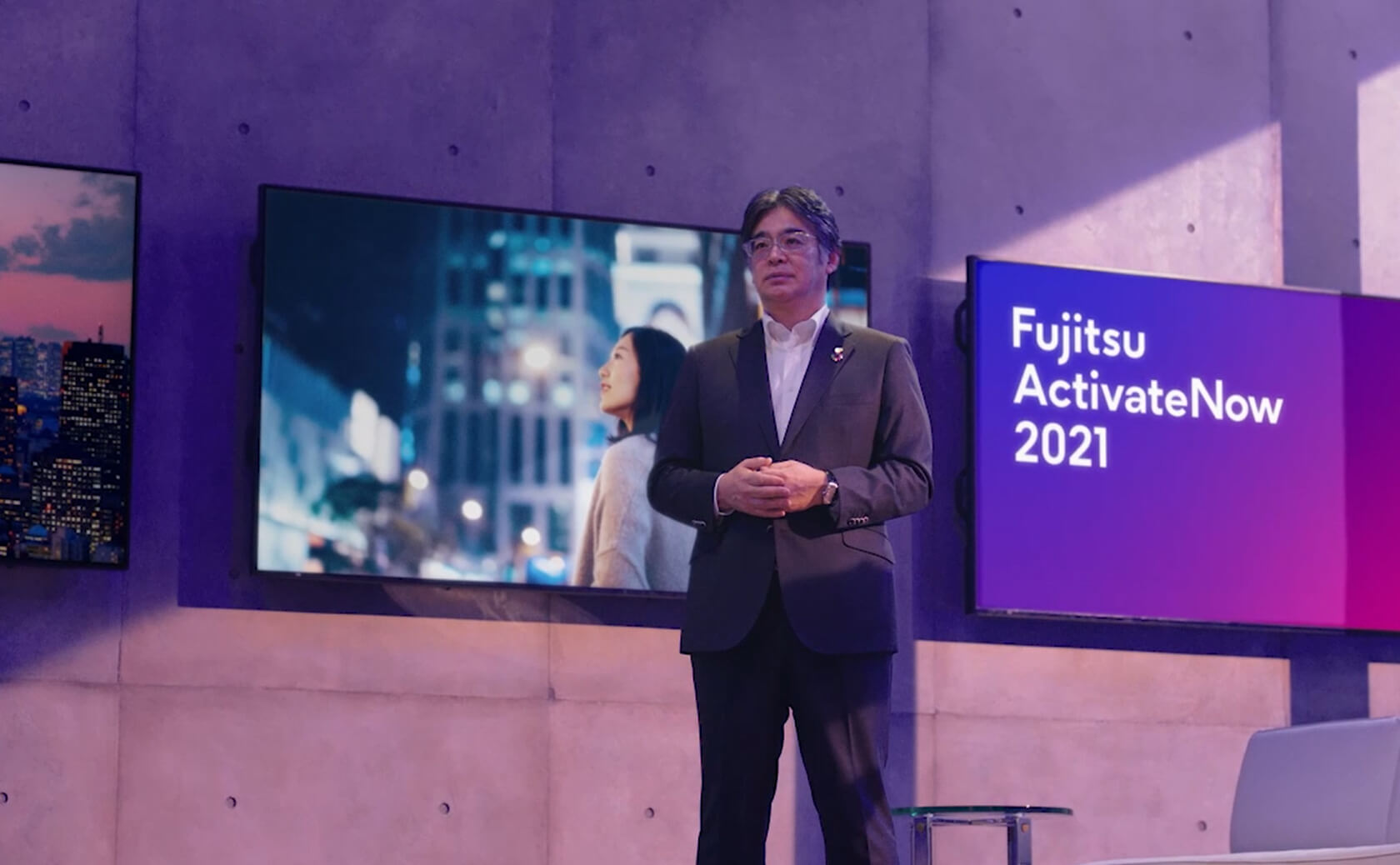Micro mobility has the potential to revolutionise urban transportation
Fujitsu / July 25, 2024
Micro mobility is a term used to describe a variety of small, personal transportation devices, such as electric scooters, bicycles, and electric skateboards. These devices are becoming increasingly popular as people look for alternative ways to get around cities.
There are several reasons why micro mobility is gaining popularity. First, these devices are often more affordable than cars or public transportation. Second, they are more environmentally friendly than cars, as they produce very low emissions. Third, they are often more convenient than cars or public transportation, as they can be easily parked and used in congested areas. The rise in working from home and inter-suburban transport is also driving the higher usage of micro mobility services.
Micro mobility has the potential to revolutionise urban transportation. By providing a more affordable, environmentally friendly, and convenient alternative to cars, micro mobility can help to reduce traffic congestion, improve air quality, and make cities more liveable. Micro mobility can also form part of the solution to the “First mile, Last mile” challenge that has been identified as a blocker to customers moving to public transport modes.
However, there are also some challenges associated with micro mobility. One challenge is that these devices can be dangerous if not used properly. Another challenge is that they can be a nuisance to pedestrians and other road users. How cities ensure their footpaths remain accessible to all users is also a challenge when looking at how micro mobility services are implemented.
How micro mobility forms part of the eco system of transport offerings within a city is still evolving. Where it acts as the delivery channel and where it is better acting as a leg or segment of a customer’s journey is still being determined. Part of this evolution is looking at how micro mobility resources are positioned around a city, and how customers can select to use and pay for micro mobility as part of end-to-end journey planning.
Despite these challenges, micro mobility has the potential to make a significant positive impact on urban transportation. By addressing the challenges and working to ensure that micro mobility is used safely and responsibly, we can create a more sustainable and liveable future for our cities.
Fujitsu is working with partners, providers, and cities to better understand how, when and where micro mobility is being used, and from that determine both why it is popular in certain scenarios, and what can be done to make it a more effective part of the transport eco system.
In Munich, Fujitsu and Hexagon partnered to deliver a Smart Monitoring Ecosystem designed to visualise where and when micro mobility is being used across the city. This mapping also extended into city planners being able to simulate and test new policies and processes to understand their impact on usage. The solution also gave citizens greater ability to report on e-scooters and e-bikes that were blocking footpaths and streets – leading to additional planning inputs to better integrate micro mobility into the city. Further details of this solution can be found at: Fujitsu and Hexagon Smart Mobility solution
Fujitsu is also working on ways to connect micro mobility providers into the broader transport eco system. How do customers raise queries about the services, how do they form part of end-to-end journey planning, How are issues raised and dealt with so that all of a cities transport assets are working to deliver for citizens in a seamless way.
As part of Fujitsu’s transport mission to empower citizens to choose the transport journey they want, when they want it – micro mobility forms a significant part of this mission.

Editor's Picks







